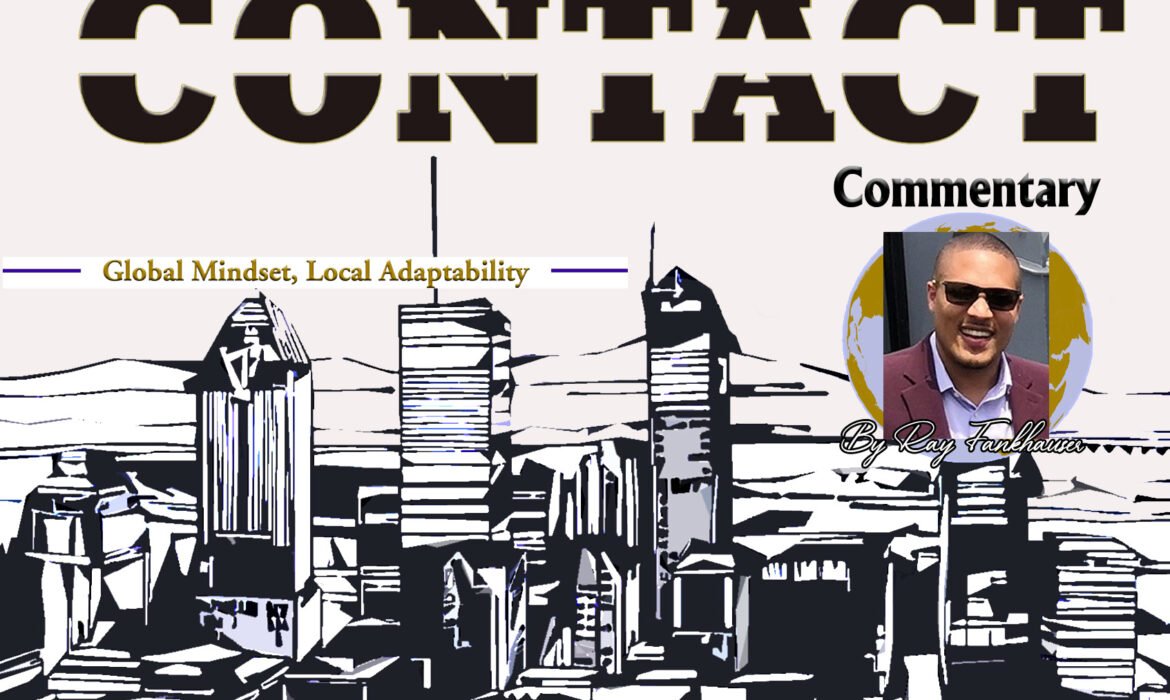 Has the world reached peak globalization? Many of us can remember when the peak oil debate was raging in the 2000s. There were predictions that global oil production would fall dramatically due to an impending lack of economically viable new discoveries. At the time, it was expected that prices would soar, plunging the world into a major long-term recession. It turns out, however, that the economic crisis of the late 2000s was dubbed the Financial Crisis due to its origins in the shaky US housing market. Oil prices, for their part, peaked in 2014 at $147 USD per barrel (which is approximately 159 litres), propping up undiversified petro-economies like Venezuela and Nigeria and creating the false notion of sustainable development without real improvements in governance. Emerging economies based their growth “models” on the relatively weak US dollar and their easy access to global credit. Even after the credit crunch of 2008, most nations were able to take on mind-blowing levels of debt without much concern for affordability.
Has the world reached peak globalization? Many of us can remember when the peak oil debate was raging in the 2000s. There were predictions that global oil production would fall dramatically due to an impending lack of economically viable new discoveries. At the time, it was expected that prices would soar, plunging the world into a major long-term recession. It turns out, however, that the economic crisis of the late 2000s was dubbed the Financial Crisis due to its origins in the shaky US housing market. Oil prices, for their part, peaked in 2014 at $147 USD per barrel (which is approximately 159 litres), propping up undiversified petro-economies like Venezuela and Nigeria and creating the false notion of sustainable development without real improvements in governance. Emerging economies based their growth “models” on the relatively weak US dollar and their easy access to global credit. Even after the credit crunch of 2008, most nations were able to take on mind-blowing levels of debt without much concern for affordability.
Since the early 2010s, the US experienced a dizzying increase in oil production from shale deposits, which previously had been considered unviable. This propelled the US to the top ranking of oil producing nations, thereby reducing the influence of OPEC (the Organization of Petroleum Exporting Countries, which in fact accounts for only about 30 percent of global oil production,and whose most famous and pivotal member is Saudi Arabia). This increase in global exploitable reserves pushed prices so low that, in combination with the sudden and drastic decrease in oil demand due to the COVID pandemic, the price of a barrel reached negative figures in April 2020. This meant that, for a short period, producers were expected to pay buyers to take their oil. At around the same time, European Central banks took the extreme step of imposing negative interest rates (as a defibrillator shock for the almost mortally wounded economy), meaning that depositors actually paid banks to hold their money for them!
Meanwhile, nations continued to develop increasingly complex trade ties and supply chains, to the point that it became not at all unusual for a fruit to be picked in Chile, processed in Turkey, and packed in China for final consumption in the US. Although there is something to be said of the climate crisis and its hoped for shortening of supply chains, the observable pullback in globalization owes much more to the antagonistic trade policy espoused by the Trump Administration of 2016-20 and major rises in shipping costs and complications during the COVID pandemic. With the major redrawing of the geopolitical map following Russia’s invasion of Ukraine, business leaders have begun to question the wisdom of dealing with, through, and around certain economies, and many took significant write-downs due to their ill-fated investments in Russia.
What does globalization hold in the not-too-distant future? We can expect to see less grand trade agreements (of which the last is the Comprehensive and Progressive Agreement for Trans-Pacific Partnership, or TPP-11, comprising 11 nations around the Pacific Ocean, but not the US, which withdrew from the agreement shortly after Donald Trump took power) and more bilateral and regional tie-ups reflective of local strategic priorities. The global race to the bottom on costs has come to an end as consumers have begun to accept higher prices for products with traceable (and therefore more palatable) origins.The geopolitical reality of major nations now unconcerned about scuppering trade ties by engaging in direct and proxy warfare is here to stay for a good while. Unfortunately, it is consumers not experiencing significant wage gains who are paying the price for this shift.
Ray Fankhauser is Chairman of Fankhaus Valley Consultants, a global strategy firm, Senior National Program Manager at ADRA (Adventist Development and Relief Agency) Canada, and Chair at TEC (The Executive Committee) Canada. Reach out to him at ray.fankhauser@fankhausconsult.com.















